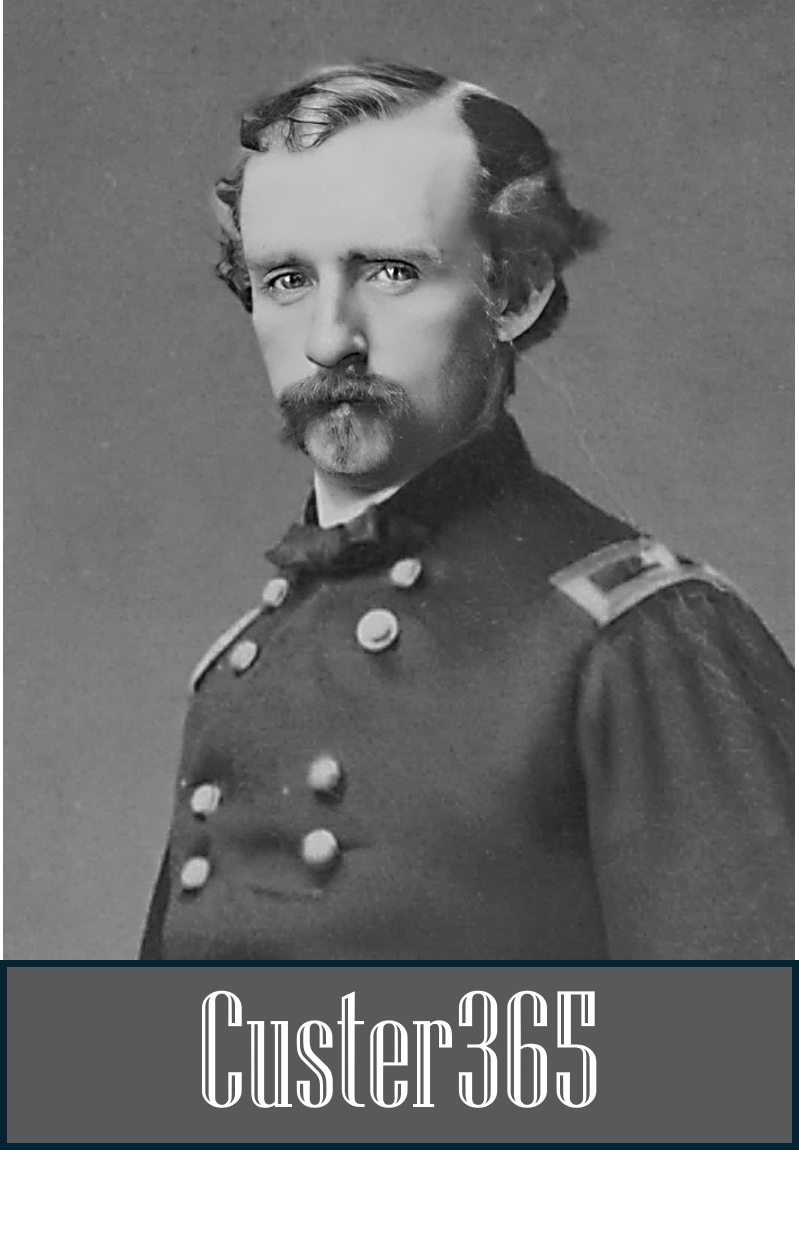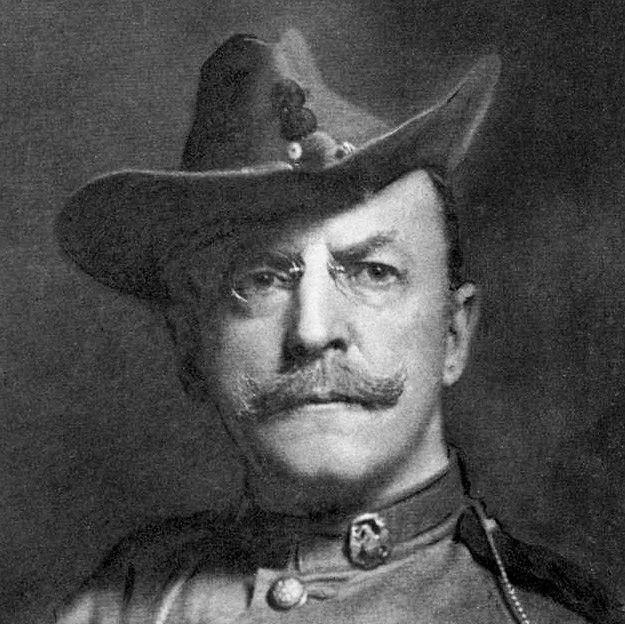OCT 12: Like Father, Like Son (pt. 1)
Editor’s Note: While George Armstrong Custer did not come from a military family, he served with and knew of other Army officers that did. This is the first of three installments of U.S. military leaders whose careers began during the Civil War.
Author and soldier Charles King.
Charles King (1844-1933) was born on Oct. 12, 1844, in Albany, N.Y. King was the son of Civil War Brig. General Rufus King, grandson of Columbia University president Charles King, and great-grandson of Rufus King, who was one of the signers of the United States Constitution on September 17, 1787, in Philadelphia.
Brig. General Rufus King. (Credit: Library of Congress)
His military career began during the Civil War when, as a teenager, he served as a mounted orderly for the Iron Brigade under his father, commander of the Wisconsin Volunteers.
Appointed by President Abraham Lincoln to West Point, he graduated and received his U.S. Army commission in 1866, just after the end of the Civil War. By 1871, he was a lieutenant in the U.S 5th Cavalry, serving under General George Crook, with whom he saw active duty in Arizona and the Northern Plains states. It was while King was with the 5th Cavalry that he became friends with William F. "Buffalo Bill" Cody -- the unit's scout. King would later write scripts for several of Cody’s silent films.
In 1874, in Arizona Territory, King was shot in the arm during a skirmish with Apache Indians. Despite an initial recovery the shattered bone in his arm never fully healed. Yet King persisted in pursuing his military career. In 1876, he was again with Crook and Cody on the Northern Plains and witnessed Cody's famous duel with the Cheyenne warrior Yellow Hand. King's wound eventually forced him out of active cavalry service in 1879, when he retired, at the rank of captain, at age 35.
In 1882, he was appointed colonel in the newly formed Wisconsin National Guard, marking the beginning of his second military career. King's first book-length work was his non-fiction “Campaigning with Crook”, based on his experiences as a lieutenant in the Sioux Campaign of 1876 as part of the 5th Cavalry. Thereafter, he turned mostly to writing highly romantic novels that were also based on his experiences in the Army. His duties with the Wisconsin National Guard permitted King a home life and an office to pursue his writings.
During the Philippine-American War (1899), King was placed in command of the 1st Brigade and led it during the Battle of Manila.
King returned to the United States and was active in training troops for World War I. He wrote and edited over 60 books and novels. He died on March 17, 1933, in Milwaukee.



